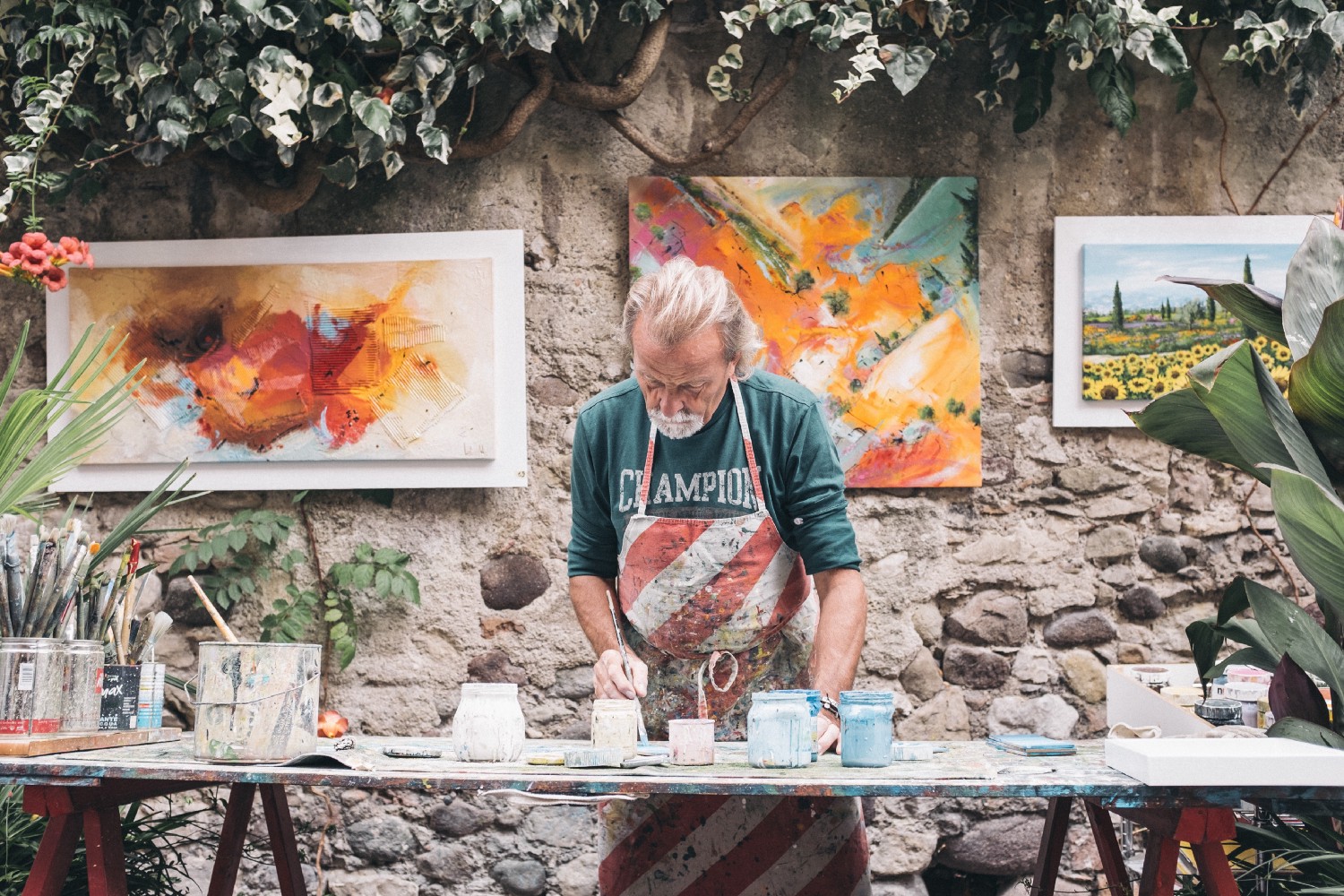Since time immemorial, creativity has been revered and esteemed as a premium quality to have. The very foundations of the world, and by extension the universe, are steeped in rationalizations (and debates) about a creative being that put it all together.
Creativity in anyone is marveled at, respected, romanticized, the list goes on. There is nothing wrong with any of that; after all, creativity is behind every invention and idea that has brought the world to its current state. Creativity is also driving innovations and ideologies that are helping to shape the future.
But there are misconceptions about creativity, which, if not addressed on an individual level, can prove to be negative. Here are 6 truths about creativity and misconceptions associated with them.
Creativity is not only related to the arts
The feature of being creative is often associated with artistic talent, such as making music, writing, painting, etc. This thinking began centuries ago. For instance, 18th Century German Philosopher, Immanuel Kant, through his acute definition of creativity, made it appear that only a select few ‘original thinkers’ were truly creative. Even great scientists and thinkers of his time were not considered to be creative.
In the more recent past, research showing the right brain to be more adept to creativity caused people to be classified as being right-brained (creatives) or left-brained (non-creatives). Of course, new research has found that both right-brainers and left-brainers have the capacity to be creative. The truth is that anyone can display creativity, once the right mindset is there and a need to achieve a goal.
As such, marketers can be creative in coming up with new ideas to get a product in front of more people. A restaurateur can think of new ways to attract diners to his eatery. A hotel manager can develop new strategies to encourage more bookings. You get the drift? Anyone who has a need to fix a problem can be creative. In fact, most acts of creativity go unnoticed, such as the feats of many housewives (and house husbands to be consistent), who have to figure out how to feed the family, keep the lights on, pay the mortgage, and still have some money saved up for retirement.

Being creative is not necessarily being original
A common (but false) mindset is that creativity means coming up with original ideas, as in things that have never been thought of before, which goes back to the Immanuel Kant philosophy. Considering the population size of the world and the sheer number of inventions that have already come to pass, it would mean no one has been creative for decades or even over a century.
Yet, there are new innovations popping up on Kickstarter and Amazon every day, proving that creativity is alive and kicking. Besides, all great innovators steal ideas and improve upon them, and many great inventions were inspired by things found in nature.
Creativity works best with structure
If you only rely on a certain feeling to come over you in order to do something considered creative, you will hardly ever get anything done. And even if you do get things done, it’s possible that you could have accomplished much more if you had a structured approach. For example, an author who has a formula of getting up every day and writing for a few hours will ‘create’ more books than another who writes at random times or whenever the ‘feeling’ comes over.
Creativity needs nurturing
Creativity is something that needs to be honed and continuously worked on. Just like a muscle that atrophies when not used, your creativity will wane and even disappear if you don’t use it often enough.
You shouldn’t wait on a creative spark
Creative sparks that come out of nowhere are purely fiction. Your next big idea is not going to come to you like a thief in the middle of the night; if you’re waiting on that, you’re probably robbing your own self. Truly creative people are those that have a need to create something that will fix a problem or fill a void and trying to find ways to accomplish either.
The songwriter who has a desire to write a hit song will probably die of starving artist syndrome if he or she sits down and wait on the creative spark to start writing. Likewise the artist, who wants to be the next Picasso but is waiting on a spark before even making a sketch, or lifting a paintbrush. Creativity demands some amount of action, even if an excellent idea suddenly appears along the way.
Creativity is more in the desire and the process of getting something done rather than random sparks. Whatever it is you do in life, don’t worry about being creative, just do it.
Originally published at medium.com


